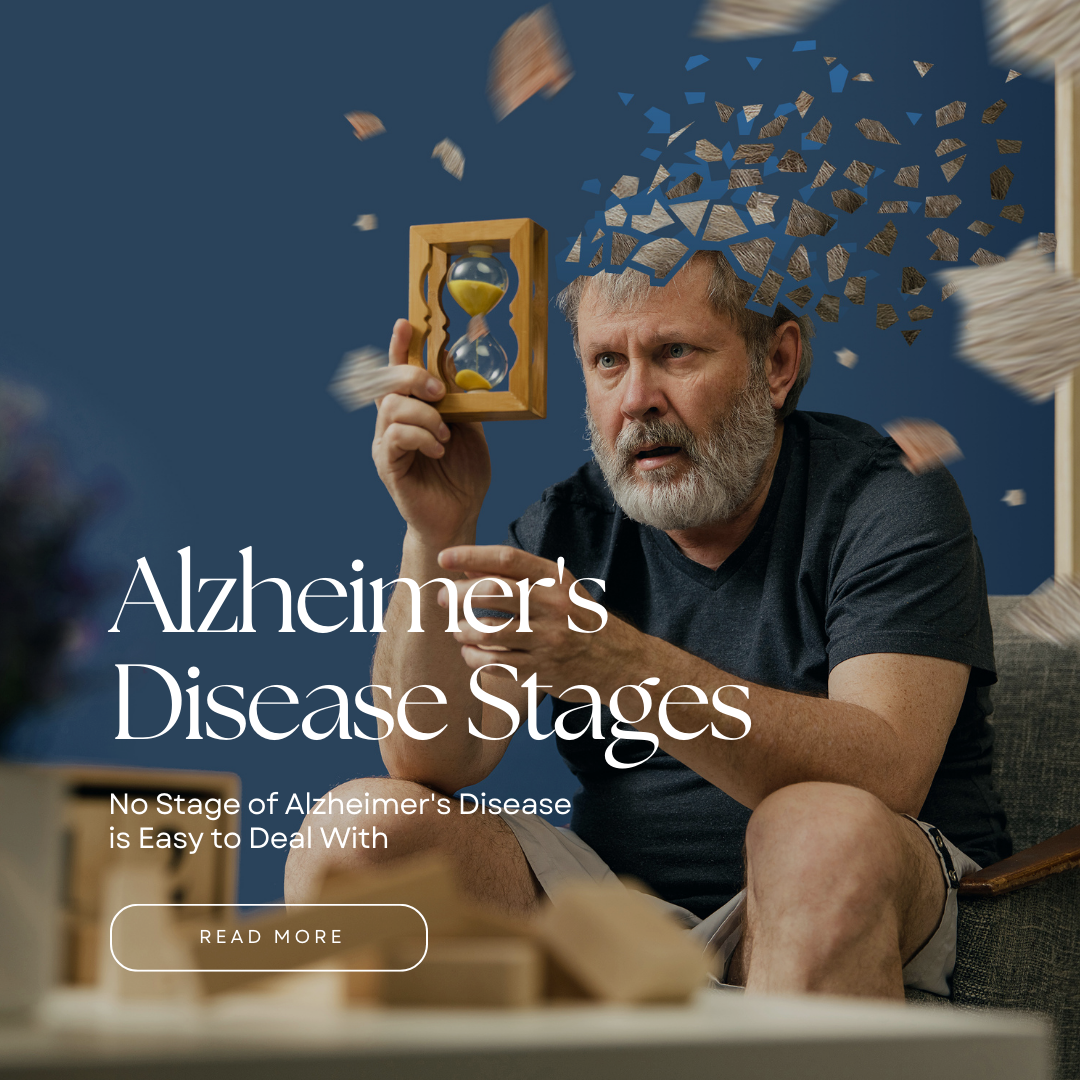Alzheimer’s disease gradually affects brain cells over time, and it is important to recognize the various stages associated with the condition. By understanding these stages, individuals can better manage their diagnosis and gain insight into what is considered normal at each stage. Healthcare professionals also rely on this knowledge to provide appropriate treatment.
Stage 1: Pre-Clinical Alzheimer’s Disease
During this initial stage, which typically occurs 10 to 15 years before noticeable symptoms, regular visits with a primary care provider are essential for early detection.
Stage 2: Mild Cognitive Impairment
In stage 2, individuals may begin to experience memory lapses, such as forgetting names, misplacing items, or struggling to recall events from a few years ago. These symptoms can be viewed as part of normal aging.
Stage 3: Mild Alzheimer’s Disease
Stage 3 is characterized by noticeable changes that are evident to both the person with Alzheimer’s and others. Many individuals receive a diagnosis during this stage due to the observable symptoms. Common signs include difficulties at work, remembering recent information, and seeking medical treatment for Alzheimer’s symptoms.
Stage 4: Moderate Alzheimer’s Disease
In stage 4, symptoms progress to affect speech, organization, and daily tasks. This stage can last for several years, and individuals may exhibit denial, mood changes, depression, and anxiety. While recent events may be forgotten, memories from the distant past are often retained. Challenges such as getting lost, restlessness at night, and decision-making difficulties become more prevalent.
Stage 5: Moderately Severe Alzheimer’s Disease
Living independently becomes challenging at stage 5. Individuals may struggle with tasks like turning off the stove, dressing, or preparing meals. Emotional changes, including hallucinations, delusions, and paranoia, may occur.
Stage 6: Severe Alzheimer’s Disease
Dependence on others is common in stage 6. Personality changes can arise from frustration over limited independence.
Stage 7: Very Severe Alzheimer’s Disease
Stage 7 involves significant decline in physical abilities, such as self-care, walking, feeding, and using the restroom. Support from others is required for these activities.
By familiarizing themselves with the different stages and recognizing what to look for, individuals can seek medical attention as early as stage 1. BTC of New Bedford is currently enrolling patients diagnosed with Alzheimer’s disease in a clinical trial. If you or someone you know has received a diagnosis, reach out to explore the possibility of early intervention to alleviate symptoms.

